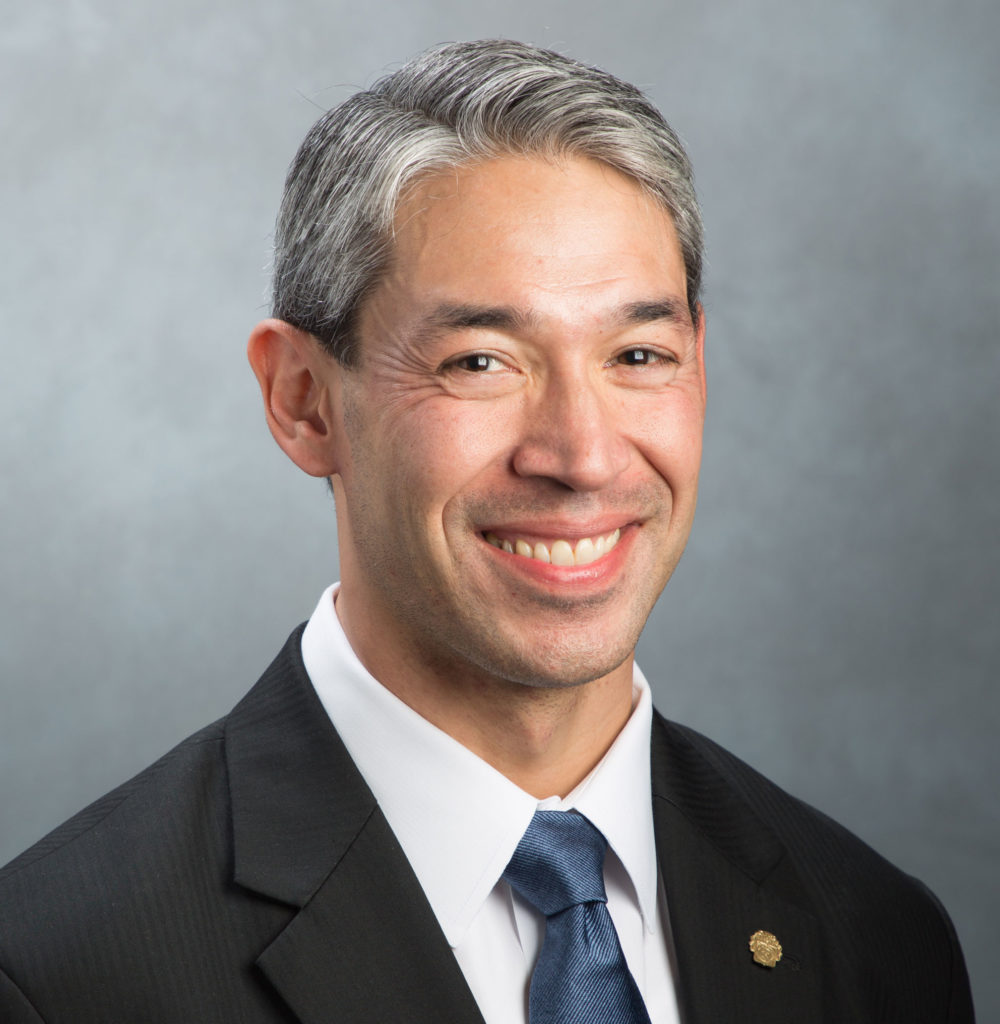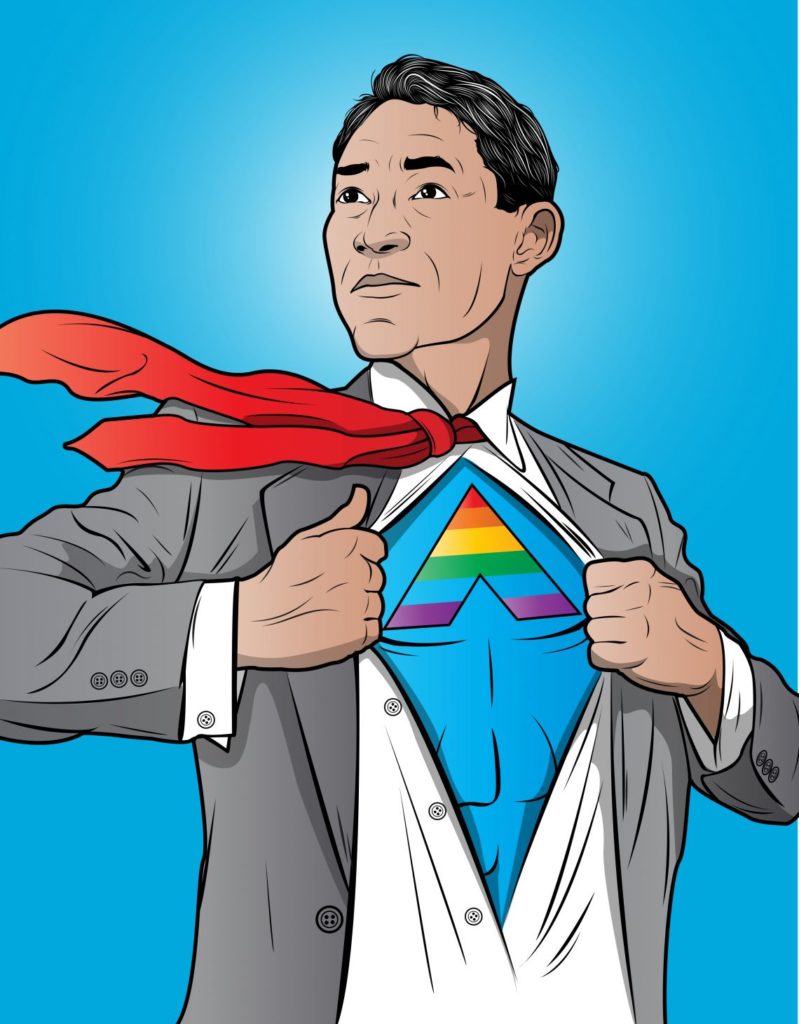Will San Antonio’s Voters Stand Up for Chick-fil-A?

A slightly abridged version of this essay appeared in City Journal on April 25, 2019 (here) as “Standing Up for Chick-fil-A.” Thanks to Real Clear Politics! And thanks to the New York Post (here).
San Antonio, a predominantly-Hispanic city named after the Catholic Saint Anthony of Padua, has doubled down in its crusade against the popular fast food chain Chick-fil-A, due to its owners’ religious beliefs. So far, opponents of the restaurant operator have the upper hand in the Alamo City, although that could soon change. Voters will have the opportunity to weigh in on the Chick-fil-A controversy at a local election on May 4. As readers may recall, last month the San Antonio City Council voted to exclude the privately-owned company as a concessionaire at the city-operated airport on the grounds that its owners’ personal opposition to same-sex marriage—mainly expressed years ago, prior to the Obergefell decision—amounts to “a legacy of anti-LGBTQ behavior.”
The company has no record of discrimination against employees or customers on the basis of sexual orientation; the objection is that merely disagreeing with the LGBT agenda for religious reasons justifies a government boycott. The city council’s retaliation against Chick-fil-A was apparently prompted by a campaign led by the Soros-funded activist group ThinkProgress, as punishment for the personal views of company founder Dan Cathey, a devout Christian. City councilman Roberto Trevino, who sponsored the motion to ban Chick-fil-A, bragged afterward that blacklisting a company for its owners’ religious beliefs “reaffirmed the work our city has done to become a champion of equality and inclusion.”
Only in the Orwellian Newspeak that progressives use to mask their true agenda could discrimination and exclusion be celebrated as “equality and inclusion.” The left-leaning officials who spearheaded the boycott may have underestimated the backlash it would trigger, in both the national media spotlight and among the city’s largely religious residents. On May 4, both sides of the hotly-disputed issue will appear on the ballot in the form of San Antonio’s mayoral election, with the incumbent mayor, who supports the blacklisting of Chick-fil-A, facing an opponent who wants to reverse the decision.
The city council’s decision to bar Chick-fil-A from the San Antonio airport generated national—and overwhelmingly negative—publicity, and drew the ire of the state’s Republican elected officials. Texas Attorney General Ken Paxton announced that he had opened an investigation regarding the decision, and Paxton also requested that the U.S. Department of Transportation look into the matter. Citing the First Amendment, Paxton stated that he had “serious concerns” that religious liberties were “under assault at the San Antonio airport.” Paxton declared that “The city’s discriminatory decision is not only out of step with Texas values, but inconsistent with the Constitution and Texas law.” Texas Governor Greg Abbott followed with a statement that “The ban has the stench of religious discrimination against Chick-fil-A.” Senator Ted Cruz joined in the condemnation of the city council’s vote, calling the decision “ridiculous.”
Accordingly, when city councilman Greg Brockhouse made a motion last week to reconsider the exclusion of Chick-fil-A, calling it a “defining moment” for the city, hopes were high that the city council would reverse its controversial decision. “I want to bring it back up because it’s the right thing to do. It’s the right thing for our community,” Brockhouse said. Dozens of business owners and pastors showed up at the city council meeting to express their support for the motion, but they were not allowed to speak. By a 6-to-5 vote, the city council rejected Brockhouse’s motion. Councilwoman Shirley Gonzales stated that the decision on the airport concessions contract had been made and that it was “time to move on.”

San Antonio mayor Ron Nirenberg, a progressive who cast the deciding vote against reconsideration, accused Brockhouse—who is running against Nirenberg for mayor–of trying to exploit the issue for his own political gain. “To make up for his complete lack of vision for the future, Councilman Brockhouse is fixating on a fast food subcontract to try and pump up his personal political ambitions,” Nirenberg said. To Nirenberg’s surprise, the Chick-fil-A controversy is emerging as a major issue in his re-election campaign. According to some news reports, the Chick-fil-A boycott has become the “defining issue” in the race. Even the city’s liberal daily newspaper, the Express-News, opposes the boycott and favors reconsideration of the decision to exclude Chick-fil-A, calling the move a “slippery slope.”

Brockhouse is aggressively using the issue in his campaign, and tried to have the motion for reconsideration set for a vote on May 2, two days before the mayoral election on May 4. Brockhouse defended the motion on the grounds that the original city council decision was a mistake and contrary to the wishes of the public: “We failed our City today and it will hurt our community reputation as people and businesses will now have to consider who is next when it comes to singling out people of faith.”
The city council’s blacklisting of Chick-fil-A has definitely provoked strong emotions. City councilman Clayton Perry supported the motion to reconsider because the discrimination against Chick-fil-A is “the number one issue” among his constituents. “Early voting” is already underway in the mayor’s race. It will be interesting to see whether San Antonio’s heavily-Hispanic voters share the progressive city council’s contempt for traditional religious beliefs. We will find out on May 4.
































